Unlocking Maximum Flavor: Mastering BBQ Marinades and Rubs
Elevating your barbecue from good to unforgettable hinges on the artful use of marinades and rubs. These flavor enhancers not only infuse meats with depth and complexity but also contribute to tenderness and juiciness. Whether you're a seasoned pitmaster or a backyard grilling enthusiast, understanding how to use marinades and rubs effectively is key to achieving mouthwatering results. In this comprehensive guide, we'll delve into the nuances of BBQ marinades, rubs, seasonings, and injections, providing you with the knowledge to maximize flavor impact.
Understanding Marinades and Rubs
What is a Marinade?
A marinade is a seasoned liquid solution in which meat, poultry, seafood, or vegetables are soaked prior to cooking. Comprising acids (like vinegar or citrus juice), oils, herbs, spices, and other flavor agents, marinades serve dual purposes: they tenderize and flavor the food. The acidic component breaks down muscle fibers, resulting in a more tender texture, while the blend of seasonings infuses the meat with enhanced taste.
What is a Rub?
A rub is a blend of dry or wet ingredients applied directly to the surface of the meat before cooking. Dry rubs consist of spices, herbs, sugars, and salts, forming a crust that enhances flavor and texture during cooking. Wet rubs incorporate a small amount of liquid, creating a paste-like consistency that adheres well to the meat's surface. Unlike marinades, rubs primarily season the exterior and contribute to the development of a flavorful bark, especially in smoked or grilled meats.
How to Use Marinades for Maximum Flavor
- Choose the Right Marinade for Your Meat: Different proteins pair better with specific marinade profiles. For instance, poultry benefits from citrus-based marinades, while red meats pair well with robust, herbaceous blends.
-
Marinating Time Matters:
- Seafood: 20-30 minutes.
- Poultry: 2-24 hours.
- Beef and Pork: 2-24 hours, depending on the cut's thickness. Over-marinating can lead to mushy textures, especially with acidic marinades.
- Proper Submersion: Ensure the meat is fully submerged in the marinade for even flavor distribution. A general guideline is to use about half a cup of marinade per pound of meat.
-
Refrigeration is Key: Always marinate in the refrigerator to prevent bacterial growth. Never reuse a marinade that has been in contact with raw meat unless it's boiled first to eliminate pathogens.
-
Pat Dry Before Cooking: Remove excess marinade and pat the meat dry to promote proper searing and prevent steaming during cooking.
How to Use Rubs for Maximum Flavor
- Prepare the Meat: Start with clean, dry meat to ensure the rub adheres properly. Moisture can hinder the formation of the desired crust.
- Apply Generously: Coat all sides of the meat evenly with the rub. A common guideline is to use approximately one tablespoon of rub per pound of meat, but this can vary based on personal preference and the specific recipe.
- Let it Rest: After applying the rub, allow the meat to rest at room temperature for 10-15 minutes. This resting period enables the spices to adhere better and begin flavor infusion.
-
Cooking Considerations: Be mindful of cooking temperatures, especially with rubs containing sugar, as they can burn at high heat. For grilling, consider applying sugar-based rubs later in the cooking process to prevent charring.
Balancing Marinades and Rubs with BBQ Injections
For larger cuts like brisket or pork shoulder, BBQ injections can complement marinades and rubs by delivering flavor and moisture deep into the meat. Injections typically consist of broths, melted butter, juices, and spices, providing an internal seasoning that enhances juiciness and taste throughout the cut.
Essential Tools for Applying Marinades and Rubs
-
Cutting Boards: Provide a stable surface for meat preparation and seasoning application.
-
Injectors: Useful for delivering flavorful liquids deep into larger cuts, ensuring even distribution of moisture and seasoning.

-
Brushes and Mops: Ideal for applying wet rubs and sauces evenly across the meat's surface.
-
Gloves: Maintain hygiene and prevent cross-contamination during the application process.
Frequently Asked Questions (FAQ)
Q1: Can I use both a marinade and a rub on the same piece of meat?
A: Yes, you can use both to layer flavors. It's generally recommended to marinate first, pat the meat dry, and then apply the rub before cooking. This approach maximizes flavor infusion and surface seasoning. citeturn0search2
Q2: How do I know how much rub to use?
A: A common guideline is about one tablespoon of rub per pound of meat. However, this can vary based on personal preference and the specific recipe. It's advisable to start with this ratio and adjust in future cooks based on your taste preferences. citeturn0search1
Q3: Should I oil the meat before applying a rub?
A: Lightly oiling the meat can help the rub adhere better and promote even cooking. However, some prefer to apply the rub directly to dry meat to achieve a firmer crust. Experiment to find which method you prefer.
Q4: How long should I let the rub sit on the meat before cooking?
A: Allowing the rub to rest on the meat enables the flavors to penetrate and enhances the overall taste. For smaller cuts like chicken breasts or pork chops, a rest period of 15-30 minutes at room temperature is sufficient. For larger cuts like brisket or pork shoulder, refrigerating the rubbed meat for several hours or overnight can yield more pronounced flavors. Always bring refrigerated meat back to room temperature before cooking for even results.
Q5: Can I prepare marinades and rubs in advance?
A: Yes, preparing marinades and rubs ahead of time can be a convenient way to streamline your cooking process. Homemade rubs can be mixed and stored in airtight containers in a cool, dark place for several months. Marinades can also be prepared in advance and kept refrigerated for up to a week. However, for optimal freshness and flavor, it's best to use them within a few days.
By understanding and implementing these practices, you can effectively use marinades and rubs to enhance the flavor and tenderness of your BBQ dishes. Remember to experiment with different combinations and techniques to discover what works best for your palate and cooking style.


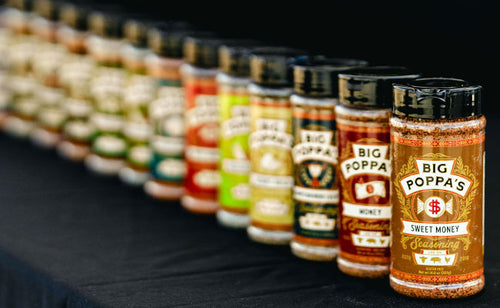
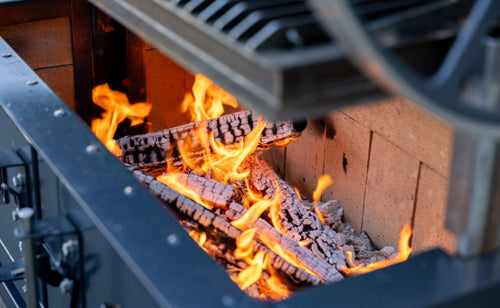
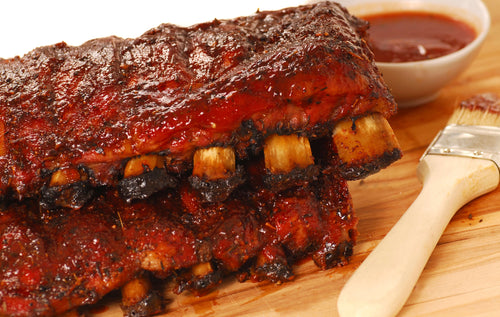
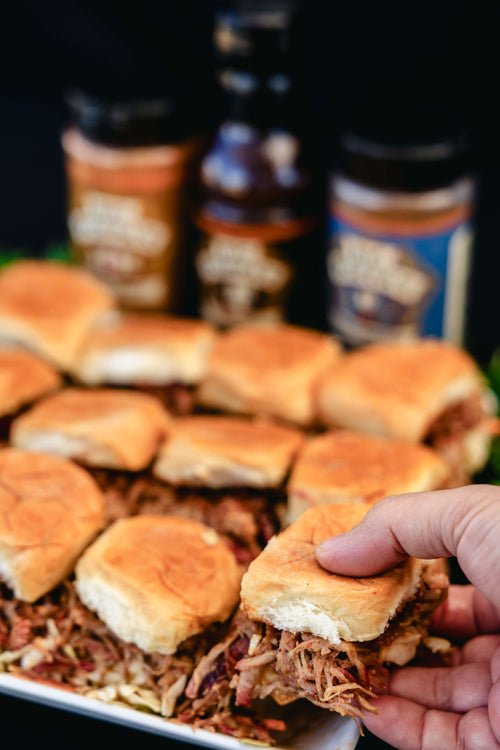





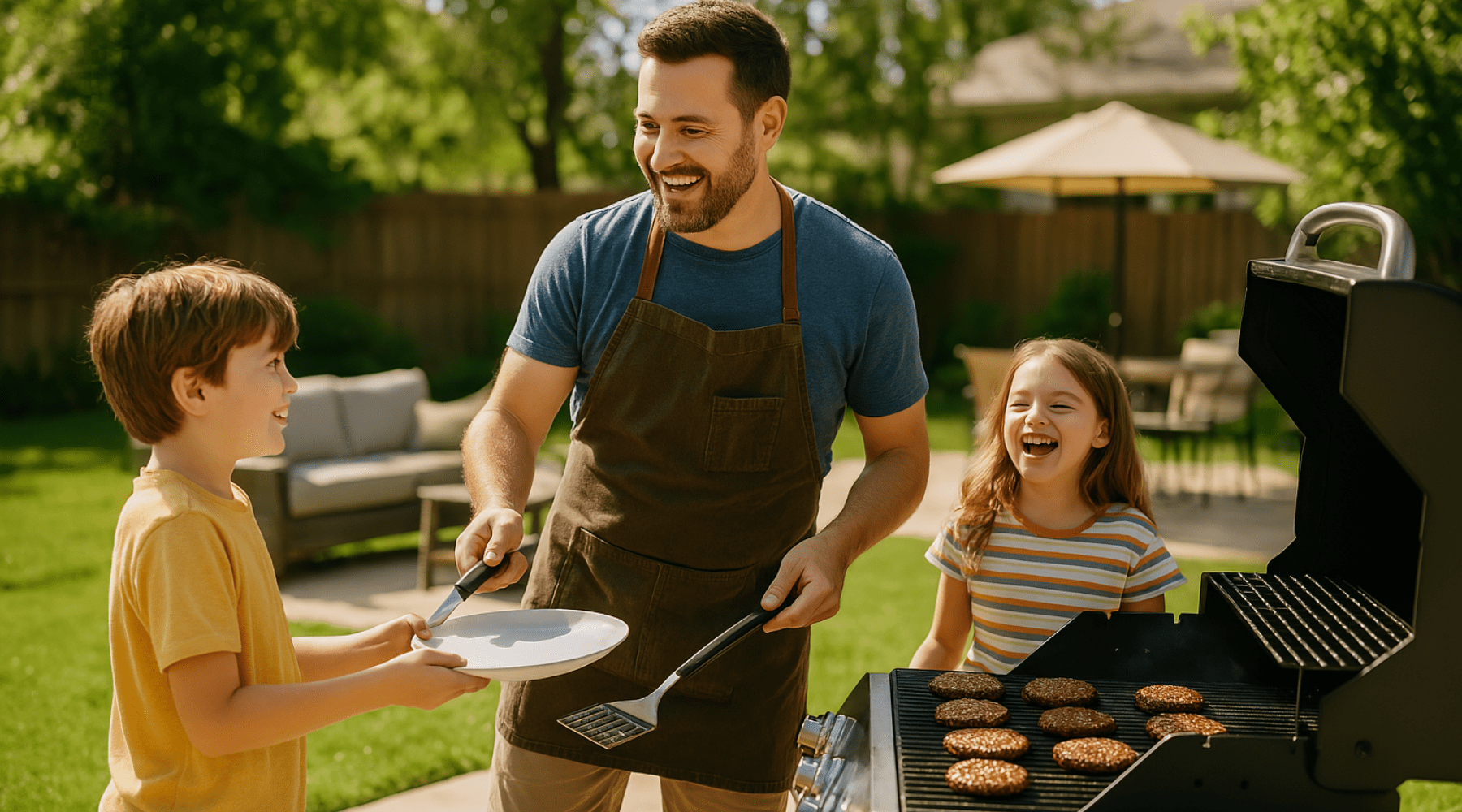
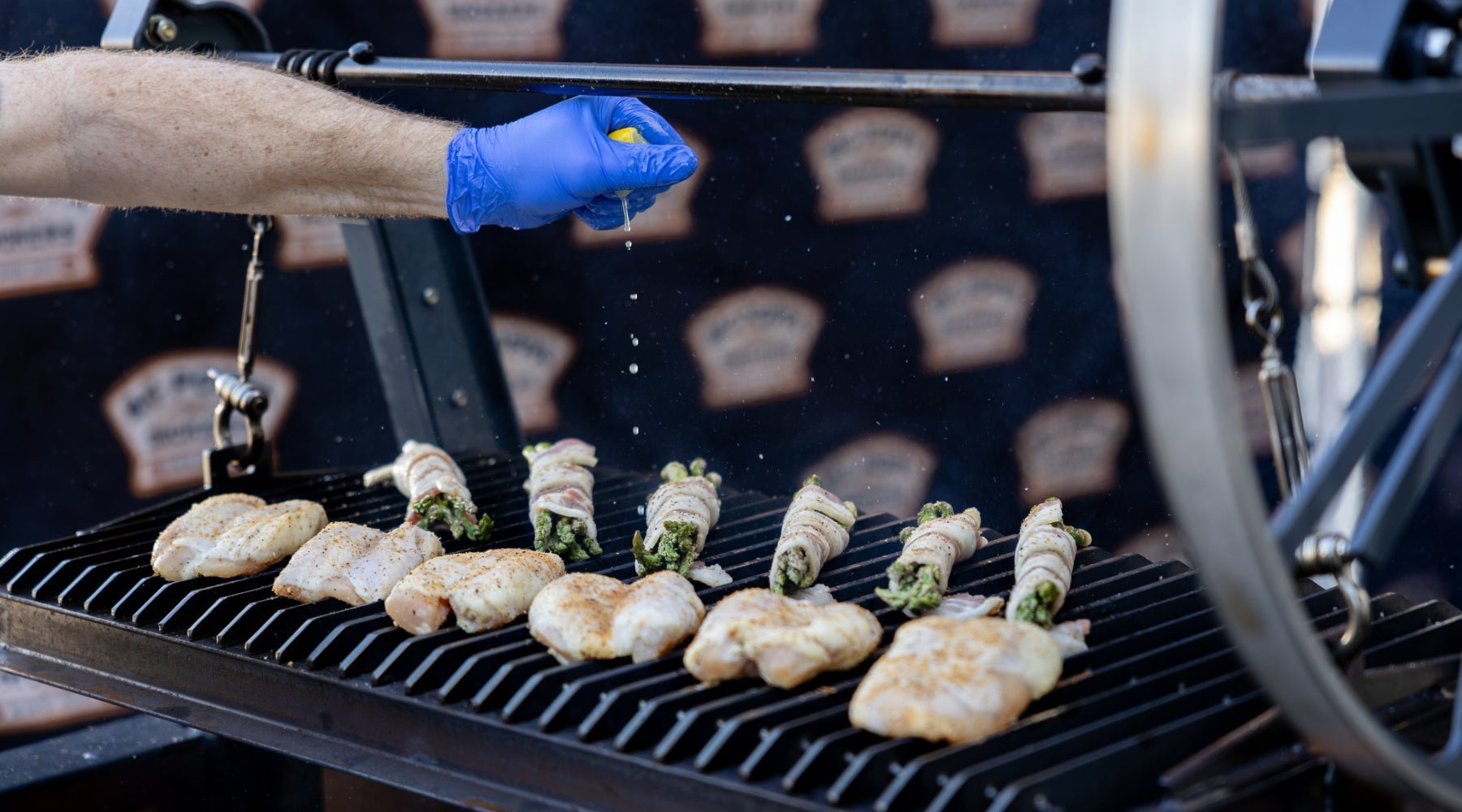
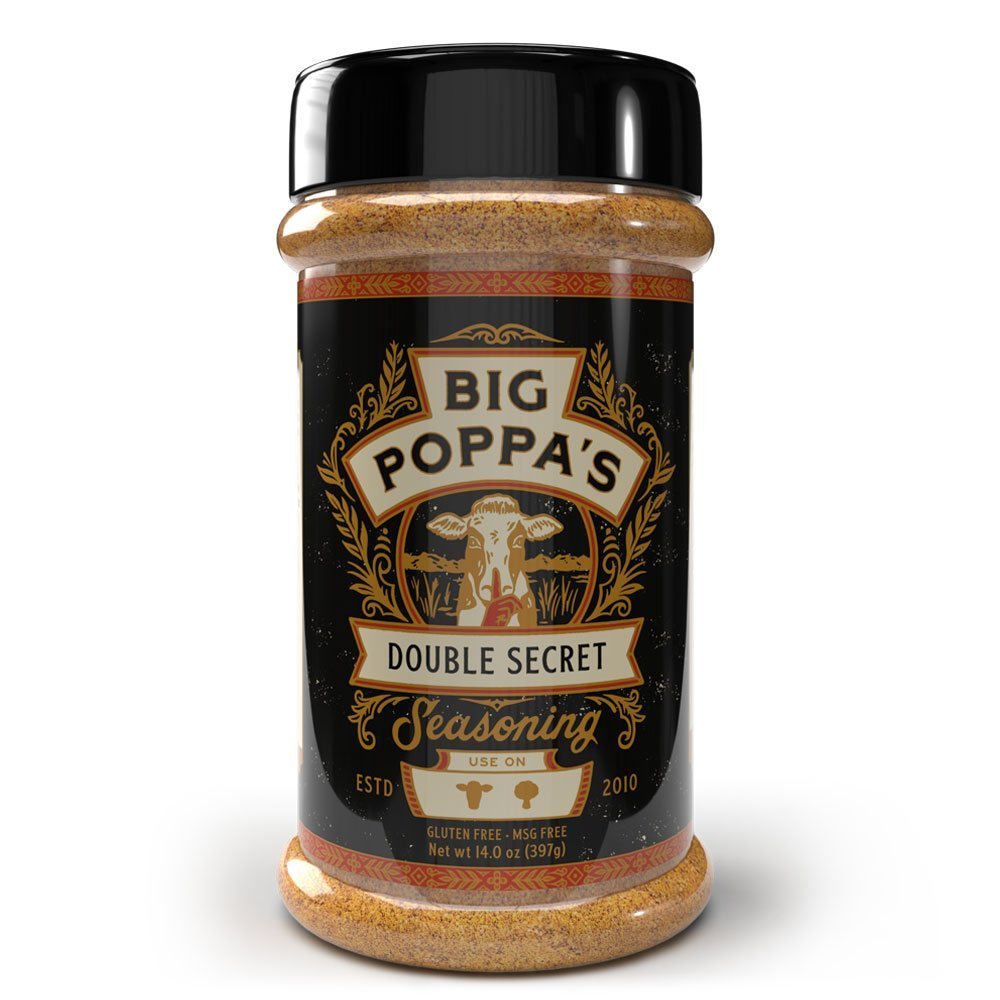
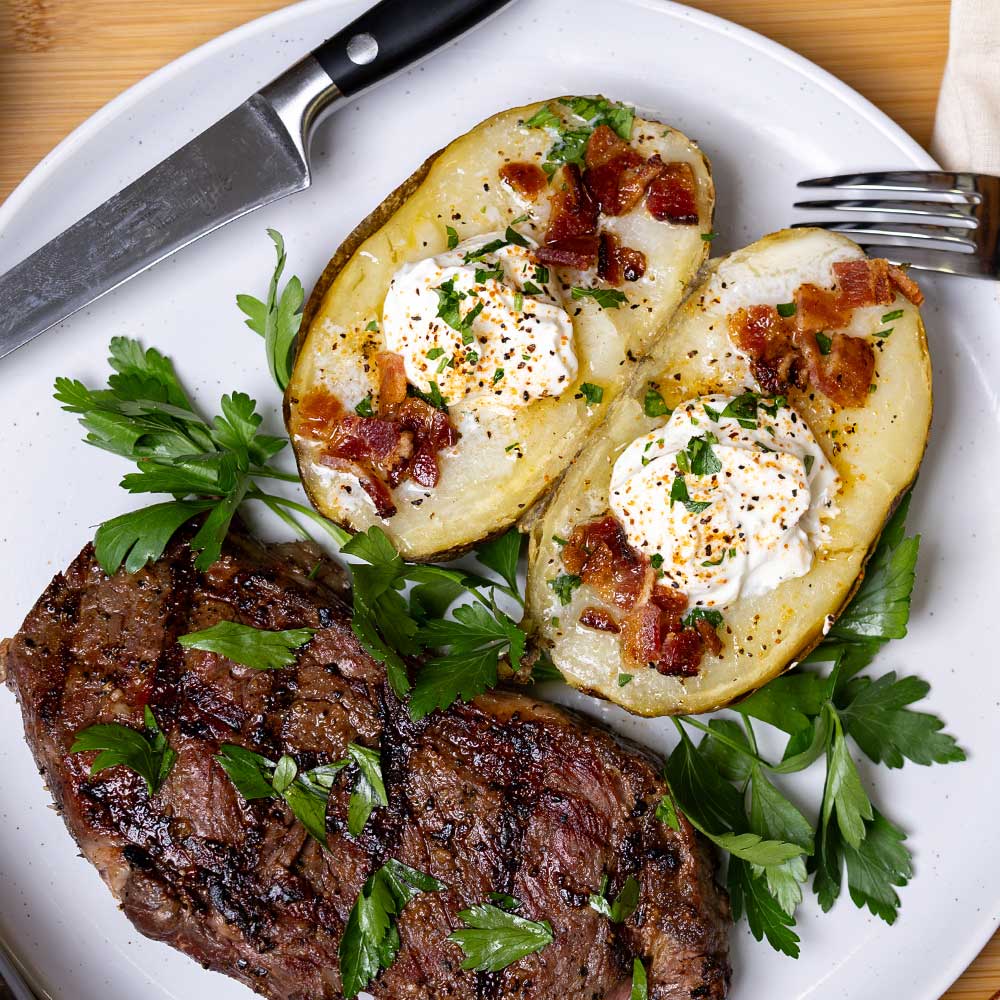
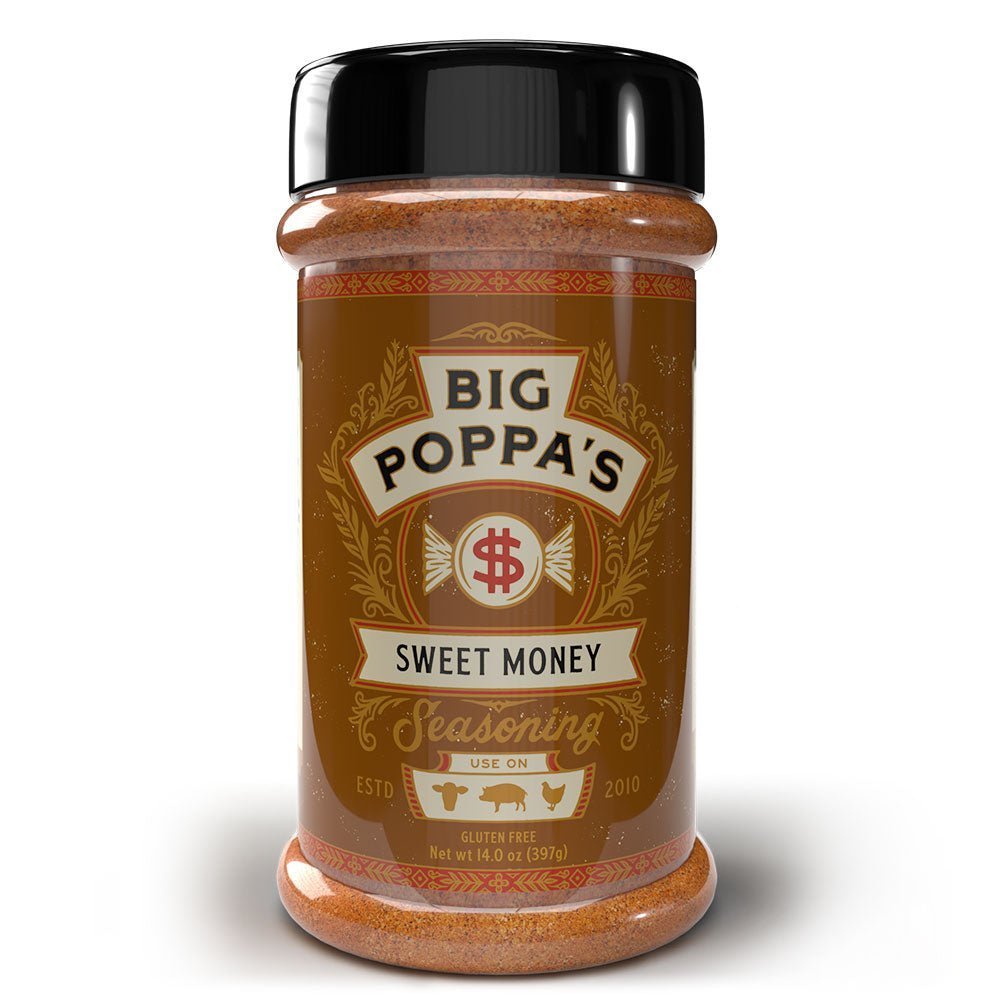
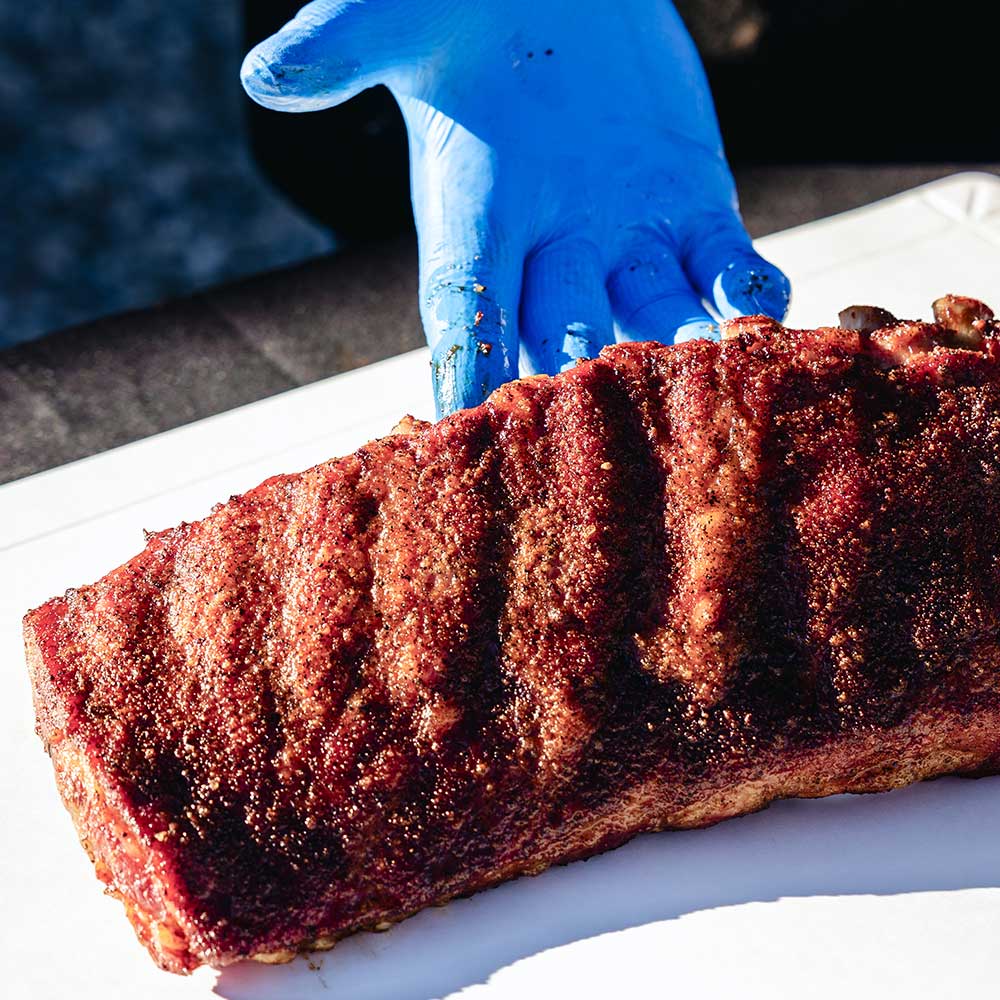
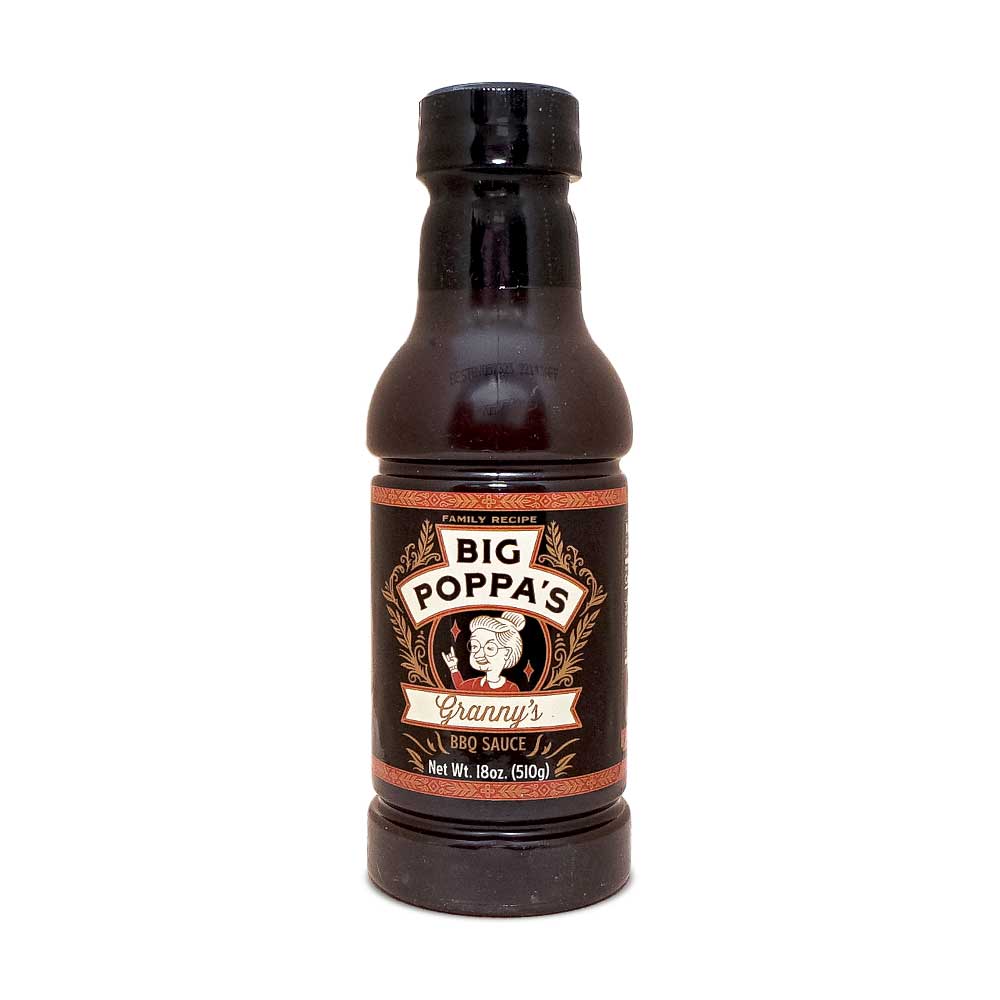
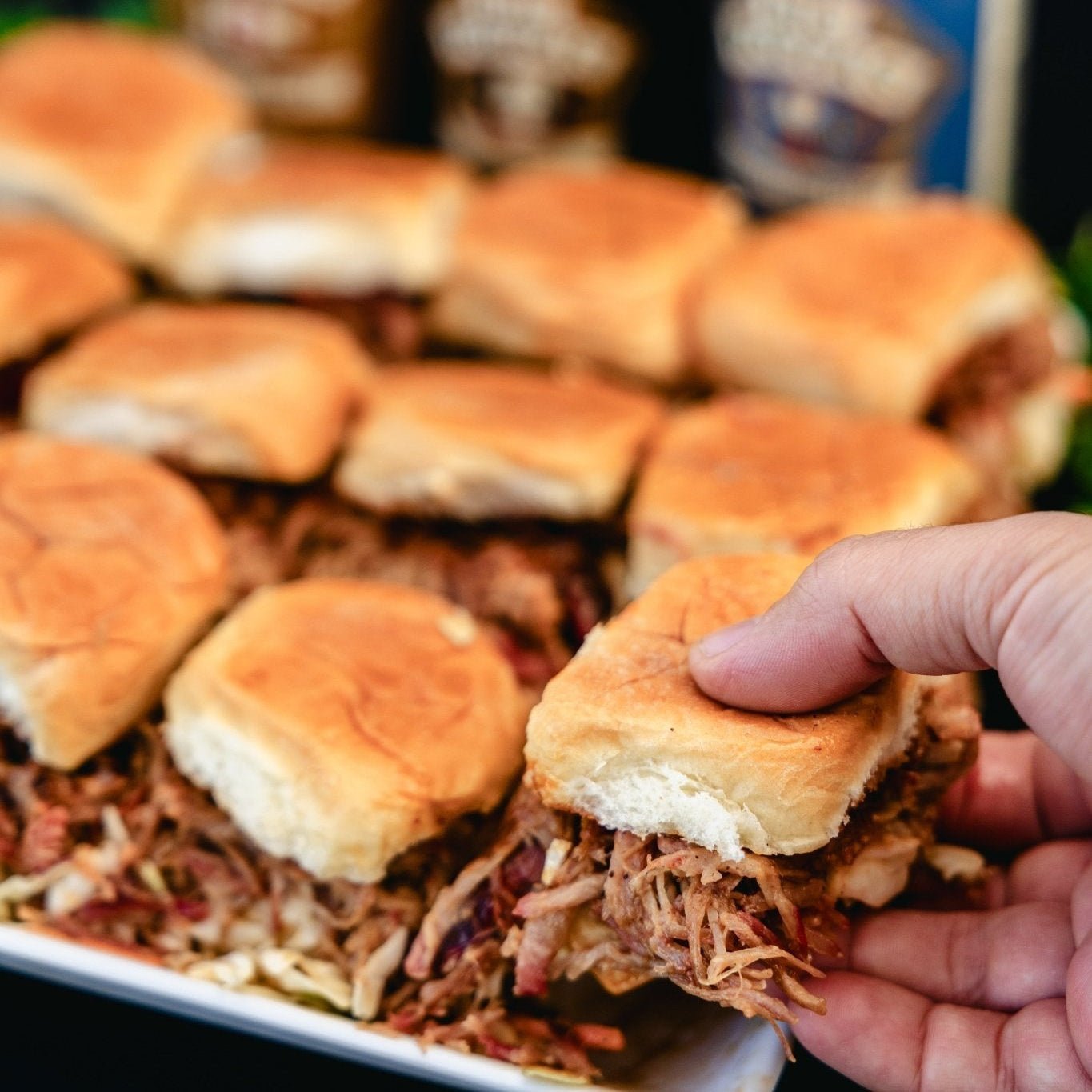
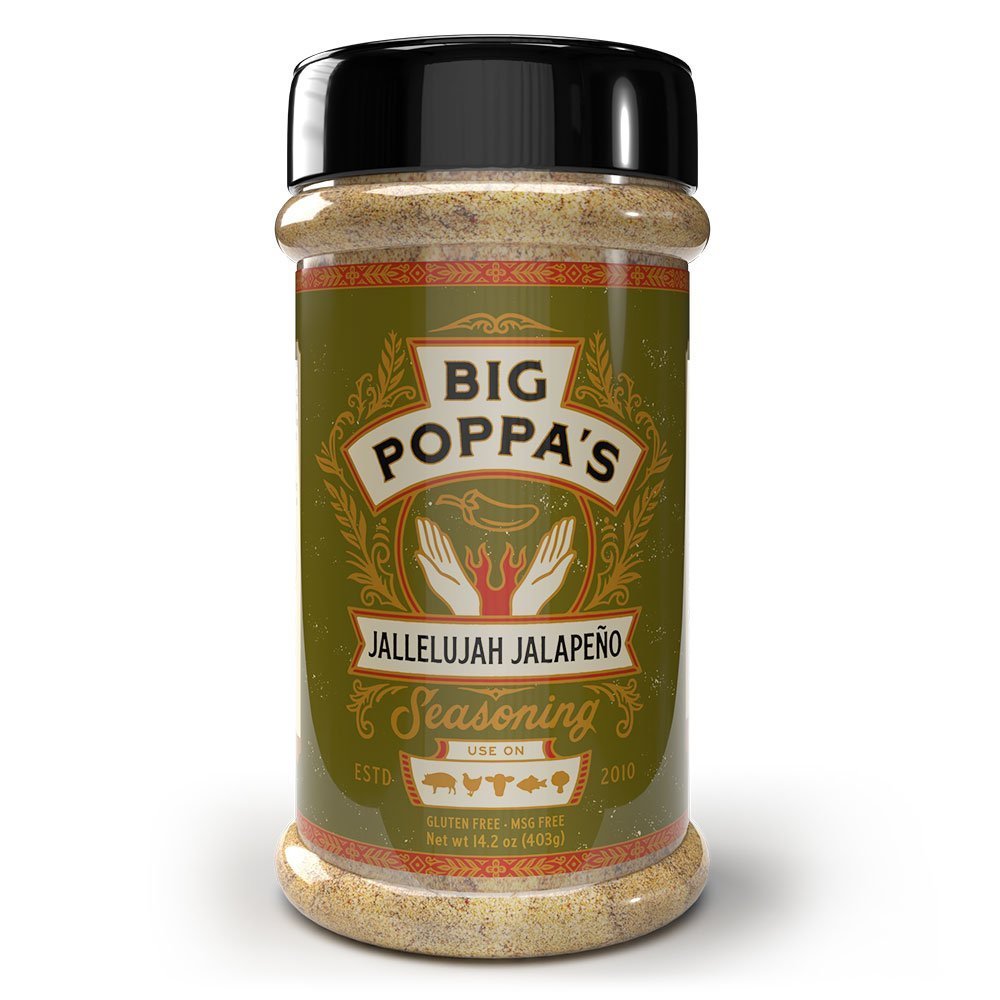
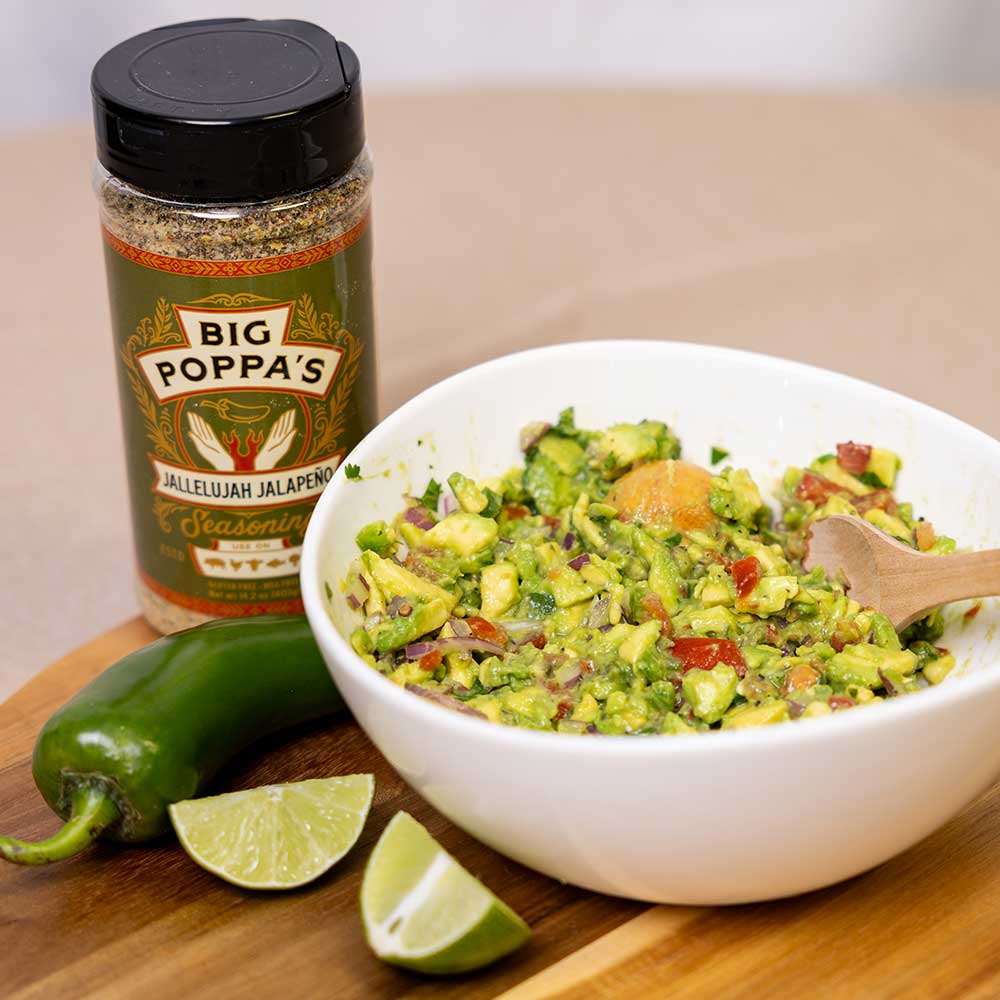
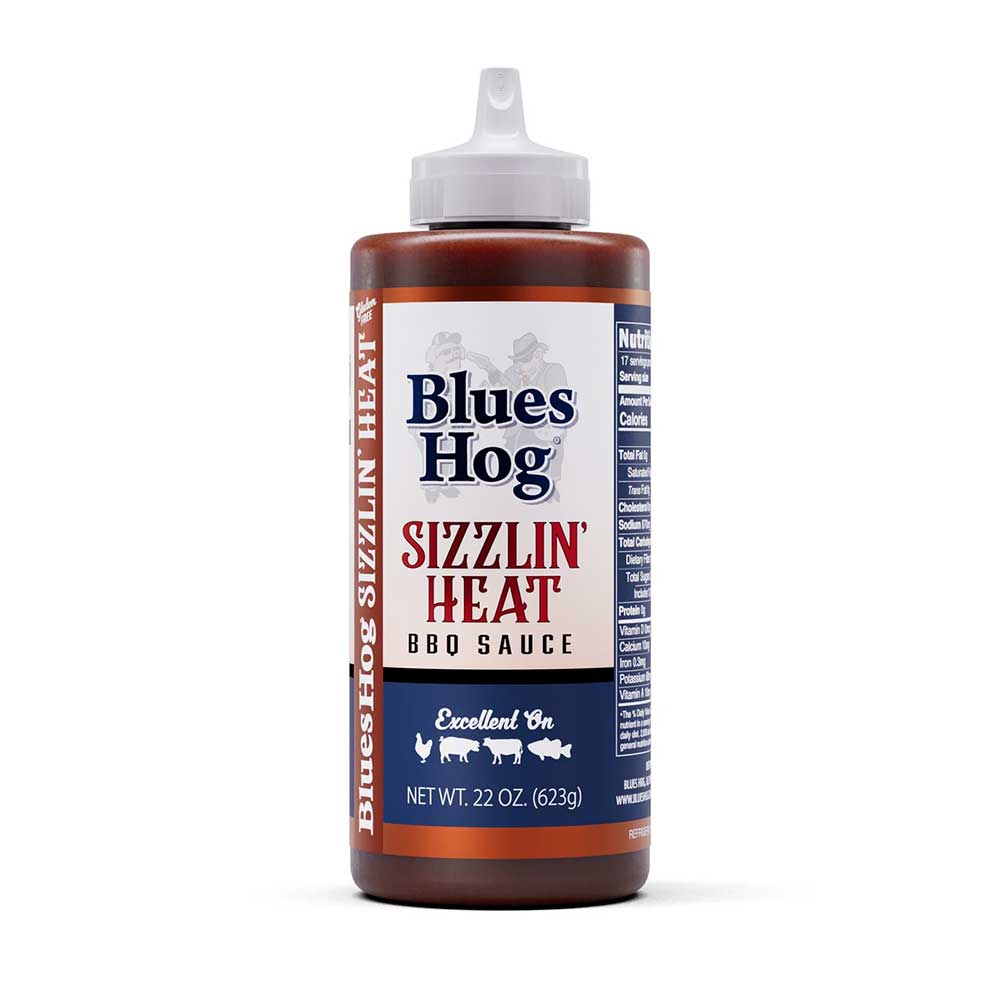
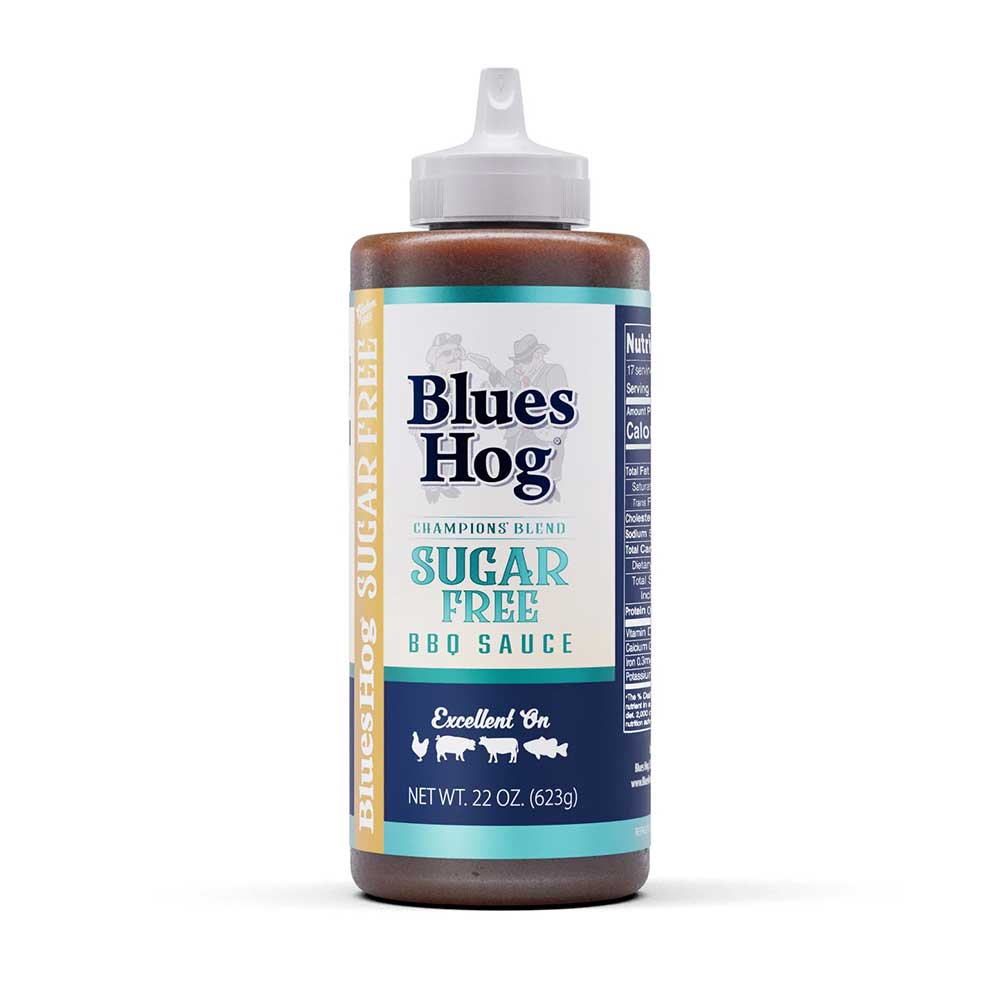
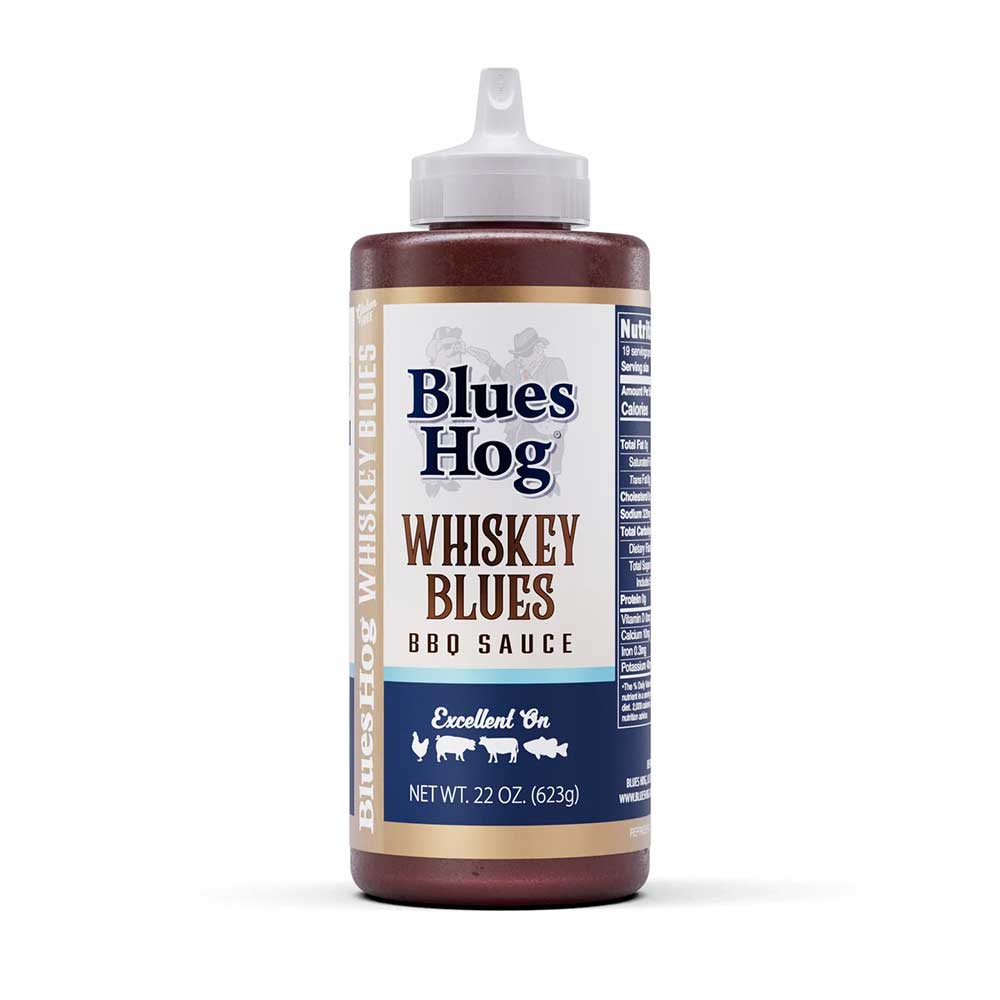
Leave a comment
This site is protected by hCaptcha and the hCaptcha Privacy Policy and Terms of Service apply.